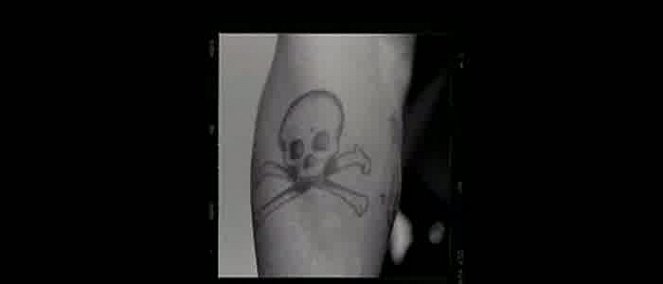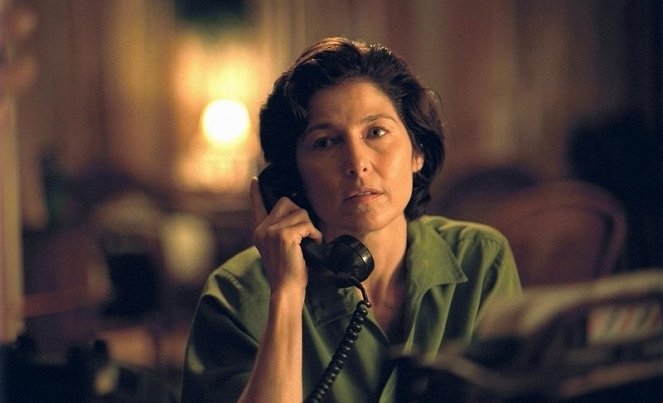Directed by:
Bennett MillerScreenplay:
Dan FuttermanCinematography:
Adam KimmelComposer:
Mychael DannaCast:
Philip Seymour Hoffman, Catherine Keener, Clifton Collins Jr., Chris Cooper, Bruce Greenwood, Bob Balaban, Mark Pellegrino, Marshall Bell, Amy Ryan (more)VOD (1)
Plots(1)
Reading of the murder of a Kansas family, NYC novelist Truman Capote decides to cover the story and travels there with his friend and aspiring writer Harper Lee. When Perry Smith and Dick Hickock are arrested and charged, Capote forms an emotional bond with Smith during his jailhouse interviews. (MUBI)
Videos (1)
Reviews (8)
It is possible to penetrate into the story of Capote proportional to how the viewer accepts the main character. Hoffman demonstrates almost extreme exhibitionism, although authentically, which almost repelled me from the film, but he approached me again thanks to the prison interviews, where he finally gained depth in intimate scenes. His frivolity later proves to be only a defensive weapon, but still, his interpretation remains on the border between overacting and artistic performance, fortunately closer to the latter option. The screenplay itself also remains somewhere in between. While the search for truth for the book is an excellent subject and gets under the viewer's skin almost on its own, feelings of guilt and the urgency of consequences do not have such power, and because the ending is almost only about them, Capote fizzles out when the final credits appear.
()
After In Cold Blood, I was definitely not in a good mood or I with peace in my soul. Capote added another dimension to the story, and it made those feelings even stronger. It's ugly, but that ugliness actually makes it an extremely interesting film that might not have been as good without Philip Seymour Hoffman, but that's a pointless musing. I would, however, also single out Catherine Keener, whose Harper Lee was the perfect human counterbalance to Truman Capote.
()
Miller's film is strong in the details (the interviews with the killers, the final execution), but if it weren't for Hoffman, it would be just one among many, with nothing special or revelatory in terms of filmmaking or story. Capote himself is a guy I wouldn't go out for a beer with. His self-centred, manipulative and disgustingly pragmatic and cynical nature, often resorting to lies, is almost repulsive in places – it must have been a joy to play and such a beautifully written controversial character. The casting people should be applauded here, Hoffman's type - a mixture of loser and strong charisma - is quite ideal for such a role. He didn’t disappoint, he was great.
()
It’s too flat as a biography of a brilliant writer and too insubstantial as a film about a novel. In the film, Capote’s creative genius is limited to a few lame mentions of his previous work, and the actual creation of what is most substantial goes no further than what the viewer is able to form after reading "In Cold Blood" or watching Brooks' film of the same name. Phillip Seymour Hoffman's 100-minute homosexual creation thus becomes merely an aspirational pose that might have been provocative in the 1960s, but not today. The result is just an empty bubble, which at the time of its release got more flak than it perhaps deserved, and conversely, as a tribute to a brilliant storyteller, or rather a novel, it is about as impressive and original as a piece of marble.
()
So, I've known for quite a while that Phillip Seymour Hoffman apparently can't be a descendant of humans, but of some sort of unearthly race. So I'll dispense with his (supernatural) acting... besides, he can't act any other way. The film Capote deftly adheres to that raw, realistic style typical of the central book of the main character. It manages to use the bleak atmosphere of the entire film to give certain scenes the power of a lightning bolt out of the blue. It doesn't move the camera or glorify. The film made me feel like the grim reaper was gliding behind the camera. It reeked of death and dying.
()



Ads